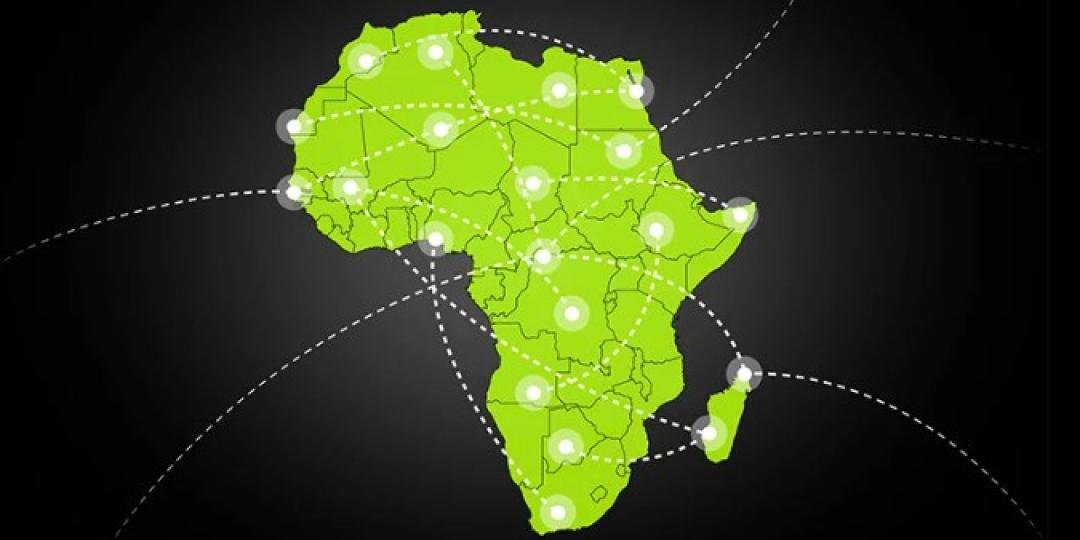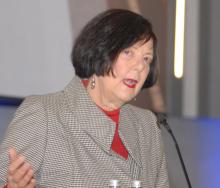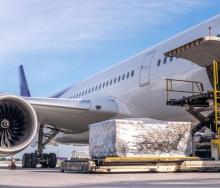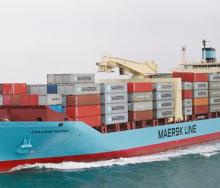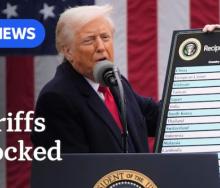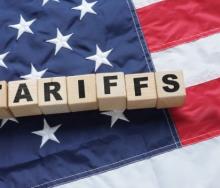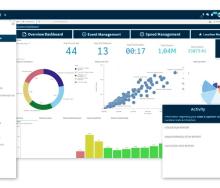The Trade Law Centre (Tralac) reports that this year’s G20 meetings present a crucial opportunity to advance financial inclusion and cross-border digital payments across Africa, transforming the continent into a more integrated trade region.
It includes the business community (B20) meetings that will form part of the next G20 Leaders Summit in November, set down for Sandton.
Earlier this week the Sunday Times reported that Deputy Finance Minister David Masondo underpinned the importance of systems integration during a B20 Global Partnership for Financial Inclusion plenary in Skukuza.
He said financial inclusion was expected to spur competition, innovation and cost efficiency.
Masondo also highlighted the National Treasury’s financial sector reforms, including investments in infrastructure to boost economic participation.
The Treasury and South African Reserve Bank’s inclusive payments digitalisation programme aligns with Vision 2025, aiming to bring digital payment solutions to the informal sector.
“We have piloted it in Thembisa and Hammanskraal to develop digital ecosystems right where people live and work,” Masondo said.
South Africa’s 2025 G20 presidency coincides with African nations deepening their commitments to the Africa Continental Free Trade Area, an initiative set to create the world’s largest free-trade zone.
However, inter-African payments remain a hurdle, Tralac reports.
“Africa’s future lies in its ability to trade seamlessly across borders,” added Meera Sunker of BankservAfrica.
In the meantime, South Africa’s government remains on tenterhooks about the participation of the US administration of President Donald Trump at this year’s G20 Summit.
Because of deteriorating trade relations between South Africa and the US, Trump has threatened not to attend the summit.
Last week in the Oval Office, President Cyril Ramaphosa stressed how important it was for Trump to show up in Sandton later this year.
Trump said that, without him attending, there would be no point to the summit.
